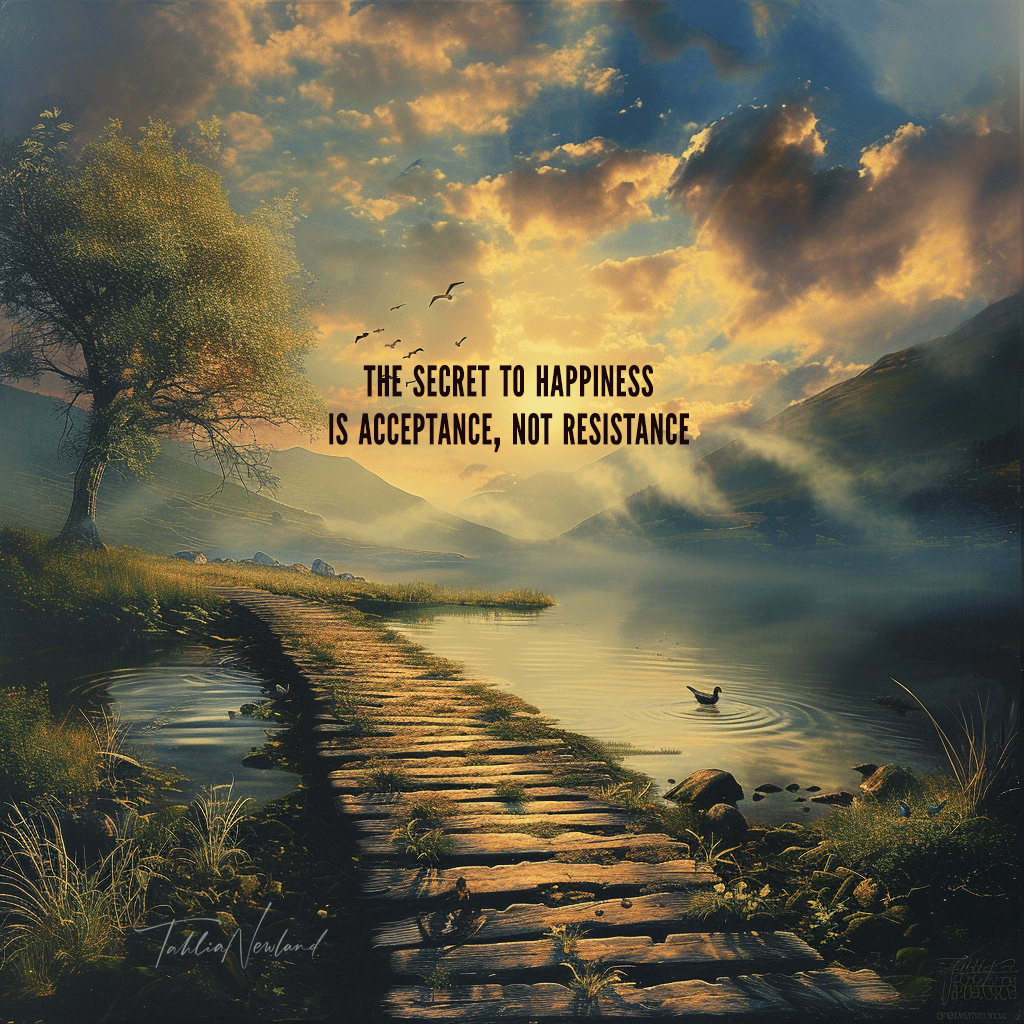When I look at my life, how I live it and the reasons why I live it that way, I realise that I follow the dharma with every moment (mostly). And by dharma, I don’t mean Buddhadharma, and I certainly don’t mean Tibetan Buddhism.
What does ‘dharma’ mean?
There are many meanings of the word ‘dharma’, but essentially, as I understand it, in it’s deepest meaning, it means the truth of the way things are. If your actions are in alignment with the dharma – with the truth of the way things are – then your life will go more smoothly, and you’ll be happier than if you don’t follow the dharma. And I’m not talking here about a bunch of rules.
Dharma is beyond religion
Dharma isn’t something that belongs only to Buddhism. Buddhadharma is only one kind of dharma – the dharma as the Buddha taught it. Rumi, for instance, is an Islamic scholar and poet, but we can all recognise his pithy sayings as wisdom, and that wisdom is dharma.
Dharma does not belong to any religion. In fact, religion – even ones that claim to teach it – may obscure the dharma with its hierarchies and politics and deeply flawed gurus and ministers.
Dharma is beyond religion. It is simply the true nature of how things work beyond how they may appear.
How and why the dharma remains
Though I have discarded the religion of Buddhism, the dharma remains as part of who I am. And that’s not because I’m holding onto it, rather it’s what remains when I let it all go.
I learned the dharma through my study and practice of Buddhism, but I was only interested to learn about it because it rang true. True dharma teachings tell us what our inner wisdom recognises as truth. That’s why Rumi’s short pithy sayings are shared so widely on the internet – they ring true for people.
Also, I never accepted anything without reflection and analysis. I contemplated my life through the framework of what I learned, applied it to my life and noted the consequences. Once I saw the truth of it. It became part of me, informing how I lived my life without conscious thought. That is what remains after the religion has gone. It’s not following a code of rules, but an inner knowing that guides my choices.
So what kind of things am I talking about specifically?
And example of a dharma
Here’s one: There’s many different ways of saying it, and understanding this point is important for emotional intelligence. In Buddhism it’s called the first noble truth. Put simply you could say that the secret to happiness is acceptance, not resistance, and that’s the topic of this video I filmed for my Tik Tok channel. Yes. Tik Tok!
Why Tik Tok? Because there’s a lot of people out there – particularly young people – who have never heard had the opportunity to study dharma and who could benefit from hearing some of these basic truths. (And if you don’t think it’s true, then I suspect you haven’t really examined it or tried applying it to your life.)
Most of you reading this will be well aware of this point, but you may like to hear how I express it, or maybe you know someone who isn’t aware of it and who could benefit from considering this, in which case, do share it either from the YouTube channel or the Beyond the Temple Facebook page.
If you’ve left a religion, has any wisdom that you recognise as beyond the religion stayed with you?


